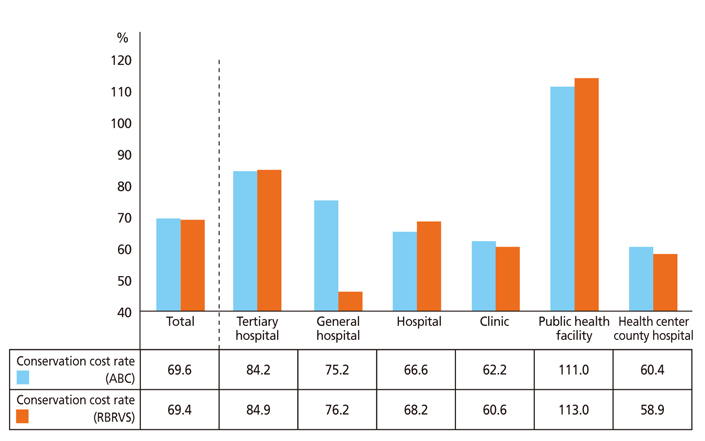J Korean Med Assoc.
2017 Apr;60(4):286-288. 10.5124/jkma.2017.60.4.286.
Health policy for the people
- Affiliations
-
- 1Research Institute for Healthcare Policy, Korean Medical Association, Seoul, Korea. drlee75@naver.com
- KMID: 2378209
- DOI: http://doi.org/10.5124/jkma.2017.60.4.286
Abstract
- After the 19th South Korean presidential election was scheduled to be held on May 9, 2017, a number of presidential candidates have rushed to announce their health policies. Regardless of the presidential candidate, almost all health policies have tended to focus on fragmentary pledges. Thus, the Research Institute for Healthcare Policy (RIHP), which is part of the Korean Medical Association (KMA), has selected 5 key policy issues among the 25 health policies that were developed through the planning group for health policy development: the development and passage of the Special Act on Supporting Primary Care, the establishment of a health care delivery system, the independence of the Ministry of Healthcare from the Ministry of Health and Welfare, the implementation of the right to choose prescription drugs, and progress toward addressing the problems faced by the National Health Insurance program. In addition, the KMA has launched a presidential engagement campaign in order to reinforce its political status, as well as to encourage KMA members to participate in politics. I hope that this paper provides guidance in making correct decisions from a public health perspective, and am confident that this election will help medicine to develop in the right direction.
MeSH Terms
Figure
Cited by 2 articles
-
Change over a period of 9 years in self-reported oral health of a middle-aged population using 4-6th KNHANES data
Song-Yi Kim, Nam-Hee Kim
J Korean Acad Oral Health. 2019;43(2):50-55. doi: 10.11149/jkaoh.2019.43.2.50.The Health Status and Management of Migrant Workers in Cheonan: A Comparison Study With Korean Citizens
Sungyeon Kim, Dong Jun Lee, Seung Hyeon Kim, Min Su Byun, Young Sun Yun, Nam Kyu Lim
J Korean Med Sci. 2023;38(46):e398. doi: 10.3346/jkms.2023.38.e398.
Reference
-
1. Kim TH. A research of conservation cost system in National Health Insurance Service Ilsan Hospital: the 2nd research. Goyang: National Health Insurance Service Ilsan Hospital;2016.2. Lee CS. The report of Adjustment of Resource Based Relative Value Scale (RBRVS). Wonju: Health Insurance Review & Assessment Service;2006.3. Shin YS. A study on government subsidies related to national health insurance system. Sejong: Korea Institute for Health and Social Affairs;2016.4. Organization for Economic Cooperation and Development. OECD health data [Internet]. Paris: Organization for Economic Cooperation and Development;2017. cited 2017 Mar 30. Available from: http://stats.oecd.org/index.aspx?DataSetCode=HEALTH_STAT.
- Full Text Links
- Actions
-
Cited
- CITED
-
- Close
- Share
- Similar articles
-
- The Role of Academic Journal in Health Policy
- Direction and Tasks of Health Care Policy of Yoon Suk-yeol Government
- The 30th Anniversary of the Korean Academy of Health Policy and Management
- A Conversaion with Senior Scholar; The History of the Korean Academy of Health Policy and Management and Future Tasks of Health Policy
- Expectations for the New Government’s Policy Innovation


